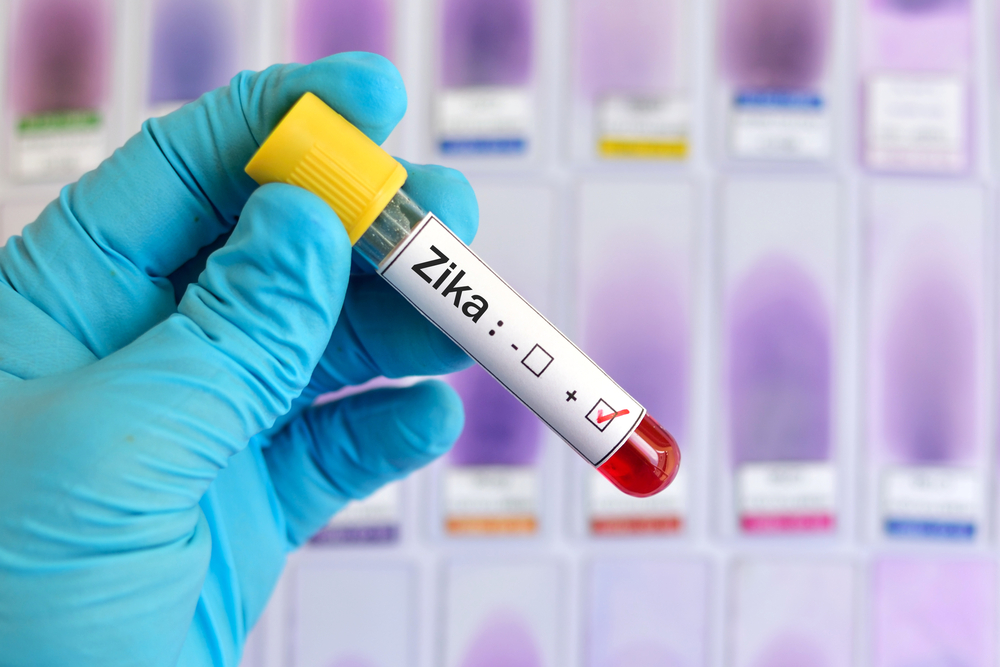Zika Virus Precautions

There has been a lot of talk about the Zika virus lately due to its continual spread. Like many viruses of its kind, it causes fever, rashes, muscle and joint pain, headaches, and other relatively common symptoms. This can make it a bit hard to identify as a result. Most people suspect infection mainly when living in areas where Zika is already present or when they’ve been traveling there. The virus itself doesn’t present a terribly dangerous threat to anyone who isn’t an infant, but it has been linked to birth defects in pregnant women. Naturally, this is a cause for concern for anyone starting or intending to start a family in the near future. There are a number of precautions you can take to help protect yourself and your loved ones from potential infection by the Zika virus. Taking these steps won’t necessarily guarantee full protection, but it will reduce everyone’s chances.
Avoid Traveling to Zika Infected Areas
This may seem like an obvious step, but it is easy for anyone to get married to the idea of a perfect trip. Zika’s spread means it has started to reach popular resort destinations, and as a result, it can be easy to end up in a Zika infected area without intending to do so just because you want a relaxing trip. You should consider any of your planned trips and compare them against the CDC’s list of currently infected areas. This will help you make informed decisions when it comes to where you actually want to travel to for vacation. Currently, Zika has largely infested South and Central America along with sections of the Caribbean and Pacific Islands. It is beginning to make headway into Mexico. This is a broad territory for the virus and requires your own vigilance to make sure you’re not traveling to anywhere in the territory without being aware of it.
Pick Your Clothes Carefully
If you don’t want to give up on your trip, then you can take steps that will allow you to enjoy the trip while minimizing your chance of exposure. Wearing long sleeves and pants is actually your best option as it provides the least skin exposure for the mosquitoes carrying Zika to bite. Those with fairer skin are likely used to picking out such clothing to protect themselves from the sun. That skill will serve you well in this case. You can go one step farther if you’re feeling up to adding another layer of protection. The CDC actually advises considering treating clothing with the insecticide permethrin to add an extra layer of protection. In general, such clothing treatments are safe for most people when used according to instruction. Mild skin irritation is typically the worst symptom most people will experience.
Good Habits
You can also improve your safety by ensuring you practice good habits when traveling. Upon arrival, check the windows of the suite you’re staying in for window screens to ensure that you can open them for air without letting in bugs. Most quality accommodations in Zika infected areas should already be practicing this. Avoid going outside when you can, but try to especially avoid being outside during peak mosquito activity periods. These two steps will offer you some of the best protection you can get in a Zika infected area even if they don’t necessarily amount to the most exciting trip. If you do need to go outside, then remember to get a high-quality insect repellent. Try to get a potent, long wearing one if you’re intending to do anything physically taxing. Don’t forget to read the instructions as well to see if there are special instructions after getting wet. Reapply the repellent as often as directed to maintain proper levels of protection.
The Zika virus can be unnerving by reputation, but you can take steps to avoid infection even as the virus’ territory increases. Those familiar with the concerns regarding West Nile virus years ago will likely remember some of these instructions from then. Zika relies primarily on mosquito bites for transmission with intimate time with partners being a secondary method of transmission. Protecting yourself and your loved ones from ever being bitten by a Zika carrying mosquito will go a long way towards allowing you to travel safely if you choose to enter the virus’ territory.

